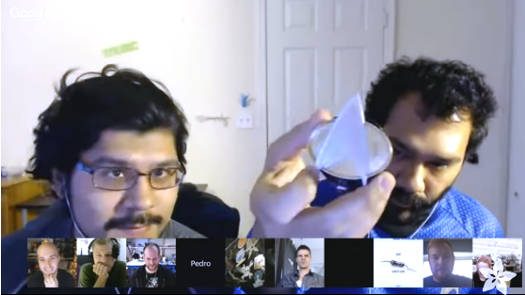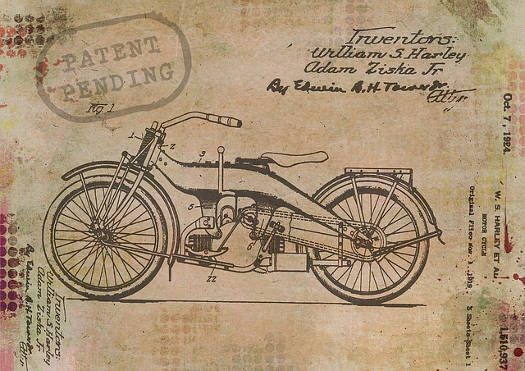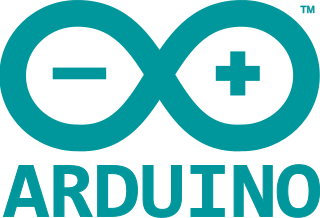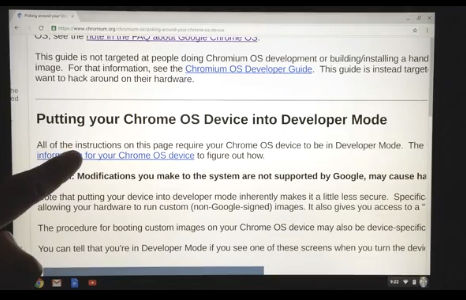The reason why use of the Linux desktop has never taken off has nothing to do with the operating system and everything to do with money.
“The desktop hasn’t really taken over the world like Linux has in many other areas…,” said Linus Torvalds in April at the Embedded Linux Conference in San Diego. “I would obviously love for Linux to take over that world too, but it turns out it’s a really hard area to enter. I’m still working on it. It’s been 25 years. I can do this for another 25. I’ll wear them down.”
 Why, after 25 years, is the GNU/Linux desktop still near the bottom of the “market share” list of consumer operating systems? It’s certainly not due to quality. Those of us who use Linux on a regular basis and who have experience with other operating systems as well, pretty much agree it’s the best. We also know it to be an industry leader, with features showing up in desktop Linux years before they make their way into, say, Windows. By all rights, Linux should be known by techie and non-techie alike as the superstar of desktop operating systems.
Why, after 25 years, is the GNU/Linux desktop still near the bottom of the “market share” list of consumer operating systems? It’s certainly not due to quality. Those of us who use Linux on a regular basis and who have experience with other operating systems as well, pretty much agree it’s the best. We also know it to be an industry leader, with features showing up in desktop Linux years before they make their way into, say, Windows. By all rights, Linux should be known by techie and non-techie alike as the superstar of desktop operating systems.
So why hasn’t that happened? One word: marketing.








 Two boards I began to work with were the
Two boards I began to work with were the 

 Why, after 25 years, is the GNU/Linux desktop still near the bottom of the “market share” list of consumer operating systems? It’s certainly not due to quality. Those of us who use Linux on a regular basis and who have experience with other operating systems as well, pretty much agree it’s the best. We also know it to be an industry leader, with features showing up in desktop Linux years before they make their way into, say, Windows. By all rights, Linux should be known by techie and non-techie alike as the superstar of desktop operating systems.
Why, after 25 years, is the GNU/Linux desktop still near the bottom of the “market share” list of consumer operating systems? It’s certainly not due to quality. Those of us who use Linux on a regular basis and who have experience with other operating systems as well, pretty much agree it’s the best. We also know it to be an industry leader, with features showing up in desktop Linux years before they make their way into, say, Windows. By all rights, Linux should be known by techie and non-techie alike as the superstar of desktop operating systems.
 Better Fedora laptop support on the way: Red Hat has made an announcement that should eventually have a positive effect throughout all Linux distros. Today we learned from
Better Fedora laptop support on the way: Red Hat has made an announcement that should eventually have a positive effect throughout all Linux distros. Today we learned from